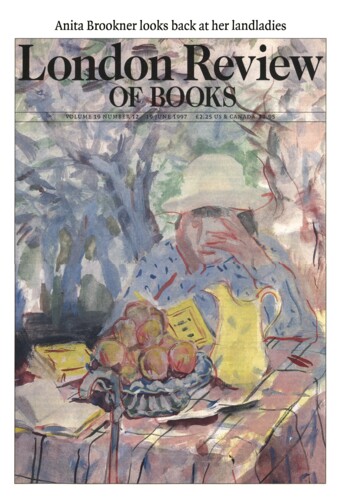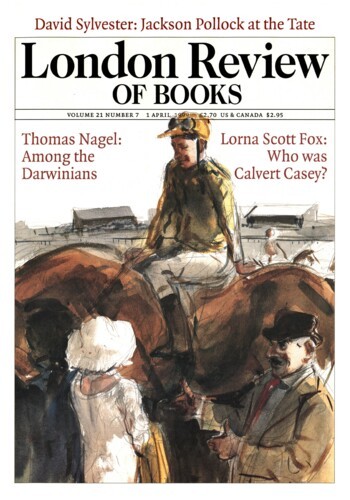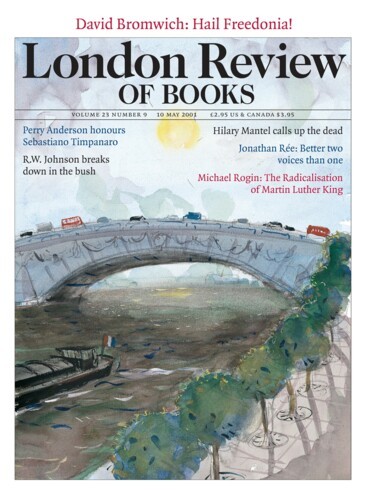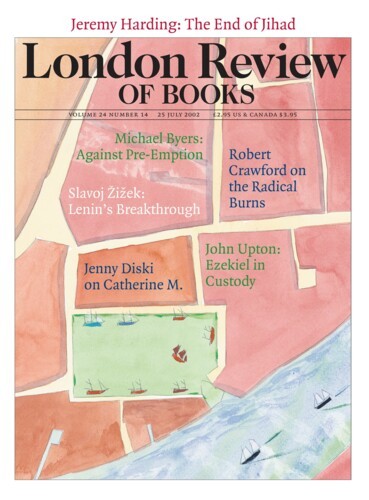A Nation of Collaborators
Adewale Maja-Pearce, 19 June 1997
No Nigerian Despot had ever flouted civilised standards with such impunity as Sani Abacha when he murdered Ken Saro-Wiwa and his fellow Ogoni activists on 10 November 1995. The rumours going the rounds over the following days only added to the widespread suspicion that we were about to enter a period of state-sanctioned brutality which would surpass the worst excesses of all previous military regimes. It was said that Saro-Wiwa was denied his last request to see his wife and his 91-year-old father; that the noose failed three times before his neck finally snapped; that the military governor of the state, the man who had declared Saro-Wiwa guilty even before the start of what passed for a trial, rushed down the steps of the scaffold in order to ensure that he was well and truly in possession of a corpse; that the corpses of the Ogoni Nine, as they came to be called, were thrown into a mass grave and then soaked in acid; and, finally, that the entire sordid event was videotaped and the result rushed to Abuja, the administrative capital.





